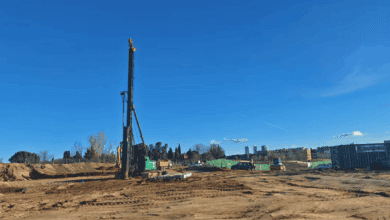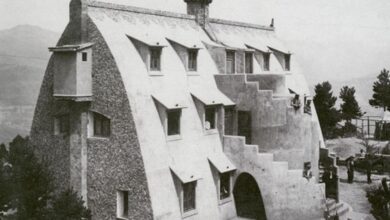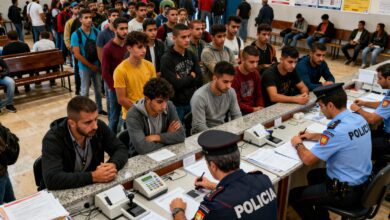
In April 2025, a serious incident shook the heart of Madrid. On cuesta de Santo Domingo, 18, a part of the ceiling in an illegal hostel on the fifth floor collapsed directly onto the apartment below at six o’clock on a Sunday morning. The apartment’s owner, Jesús Nebreda, miraculously survived—at the time, he was in his bedroom rather than the living room. All his furniture and belongings were buried under the debris, thick dust hung in the air.
Within minutes, the entire building was evacuated. Residents in pajamas rushed outside, joined by workers from the ground-floor club who fled in panic. Despite the incident, the hostel owner never appeared. The establishment, with ten rooms and as many bathrooms, operated without a single valid license. Back in June 2024, city authorities ordered it to cease operations, yet the order was never enforced.
Half a year has passed and the situation remains unchanged. Tourists with suitcases keep checking in as if nothing happened. On major booking platforms, rooms are still available, with the cheapest night costing 103 euros. Jesús Nebreda, fearing for his safety, was forced to move out temporarily. Now, his former living room contains only a yellow carpet runner and nine construction props installed by firefighters to prevent further collapse.
Neighbors have not hidden their outrage: despite numerous complaints, the municipality has not taken decisive action. The authorities cite prolonged procedures and continue to review the business owner’s appeals. During this time, another tragedy occurred in Madrid—just 300 meters from this building, another residential block collapsed, claiming the lives of four people. This has only heightened the anxiety among local residents.
The company managing the hostel also owns two similar properties in the city center. Its representative refuses to explain why they are ignoring the municipality’s orders, claiming that the collapse is unrelated to the closure order. Experts, however, point to serious violations: an additional screed was laid on the fifth floor, increasing the load on the old wooden beams, which were already in poor condition. In addition, ten bathrooms and an underfloor heating system were installed in the old building, leading to dampness and further risks.
The Nebreda family has lived in this building for several decades. Jesús’s mother, María Ángeles Galíndez, recalls that she bought the apartment 45 years ago. Now she wonders: what are people supposed to do if they have nowhere to go after incidents like this? In her opinion, the discussion about tourist apartments often overlooks safety—for both guests and neighbors.
The situation with this hostel is just the tip of the iceberg. Estimates suggest that by the end of 2024, there were more than 15,000 illegal tourist apartments operating in Madrid. Only one tenth of these properties had all the necessary permits. Over the course of a year, city authorities issued fewer than a hundred fines, while just over a thousand apartments operated legally. The rest continue to function unlawfully, despite posing risks to people’s lives and health.












